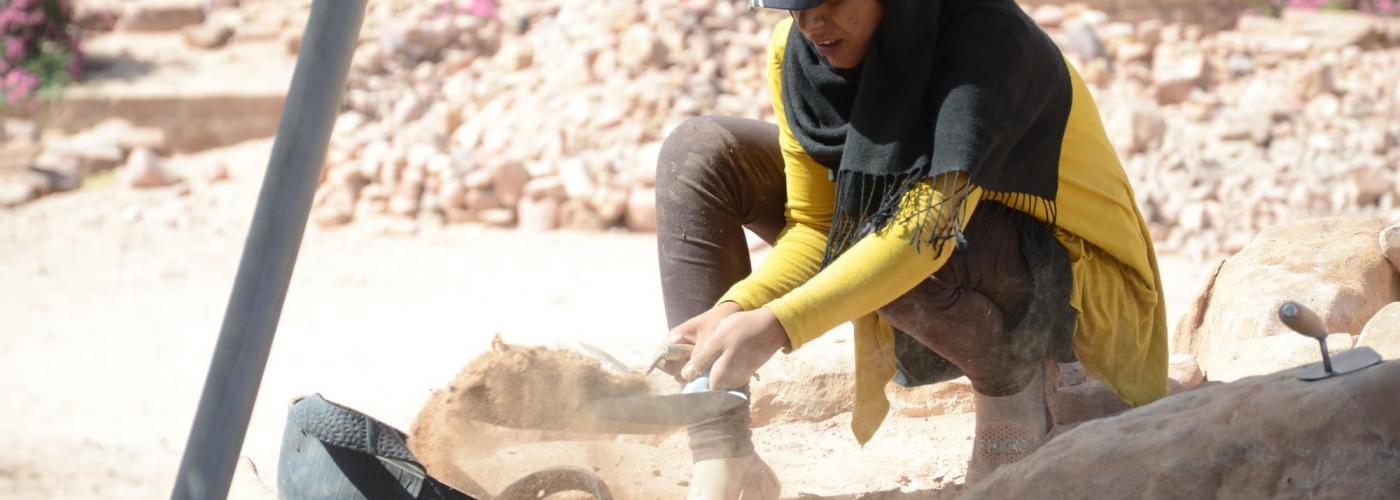Let Women Work: Regulatory Issues and Wage Employment
Image

For poor women around the world, their two hands are often their most important ticket out of poverty. If they can find paid wage work in the same way that men do, it not only improves their own physical welfare, but also contributes to greater GDP growth. Yet it’s not necessarily simple to get those jobs. Besides needing the right skills and information about job opportunities, there are often significant legal and regulatory barriers and gaps that systematically cut women out of wage work in USAID’s host countries. Lis Meyers and Elin Cohen of Nathan Associates outline this in a recent report, Women's Wage Employment in Developing Countries: Regulatory Barriers and Opportunities.
We highlight the most striking issues in this infographic. Probably the most important regulatory barriers in USAID host countries are legally institutionalized occupational restrictions for women. For example, 51 USAID host economies exclude women in some way from mining; 41 from factory work; and 17 from “morally inappropriate” work, such as serving alcohol. In effect, women may still work in such occupations, but must do so in the shadow economy, whereas men do not face such restrictions in the same economies.
Other barriers can come from biased or insufficient laws and regulations. Public sector employment is disproportionately important for women in Jordan, with 33 percent of employed women working for the government and military compared to 27 percent for men. Until recently, however, the Kingdom’s Labor Law, Civil Service Bylaw, and other related legislation contained provisions that, while intending to protect women’s time for motherhood, disadvantaged them for training and promotion. Starting in 2015, USAID/Jordan worked with the Ministries of Labor and Public Sector Development to remove these biases from relevant bylaws. USAID also helped the country reform its penal code to criminalize all forms of sexual harassment, instead of only physical sexual harassment.
Sometimes barriers take the form of unnecessary and burdensome regulations. As recently as 2012, Serbia required women and their employers to fill out and file dozens of different forms for female employees to receive maternity or pregnancy leave. In addition to the unnecessary workload this placed on women, the process was costing Serbian companies hundreds of millions of dollars in wasted time. That same year, a humorous video of the process (produced by USAID/Serbia) went viral and caught the attention of regulators. They responded immediately by engaging USAID to help them dramatically reduce the steps needed for women to obtain pregnancy and maternity benefits. By 2014, the simplified process became even easier through online registration.
To find out more about the global report and USAID/Jordan’s experience, join us at our October 10 seminar.



